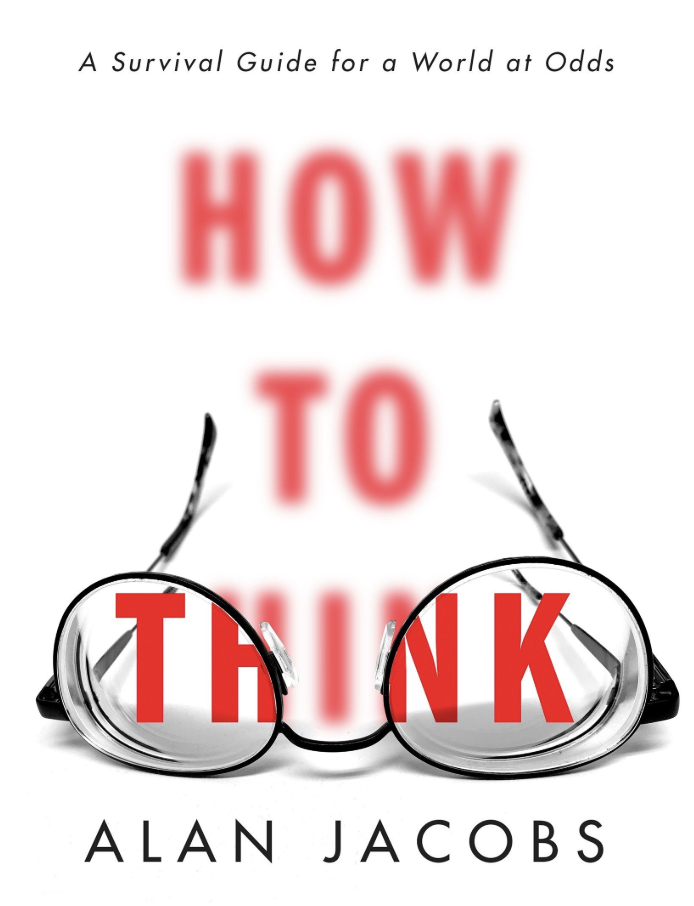In the first chapter of his book How to Think, Alan Jacobs makes two main points: 1) thinking alone is impossible and 2) true thinking requires a marriage of reason and emotion. Perhaps his most salient takeaway comes as a result of those two facts: it is possible to have engaged in genuine thought and come up with the wrong answer, and it is possible to come up with the right answer for bad reasons without thinking at all.

Jacobs focuses on the way that we tend to denigrate the thinking process of others. If those we love have changed their mind from our viewpoint to one we oppose, we tend to assume they’ve been ensnared instead of thinking for themselves. If those we love do something we can’t understand, we tend to dismiss them as irrational or crazy.
After the break, I’ll talk about some ways I will attempt to work through these dilemmas with my students..
Continue reading “Irrationality: How To Think Chapter 1”